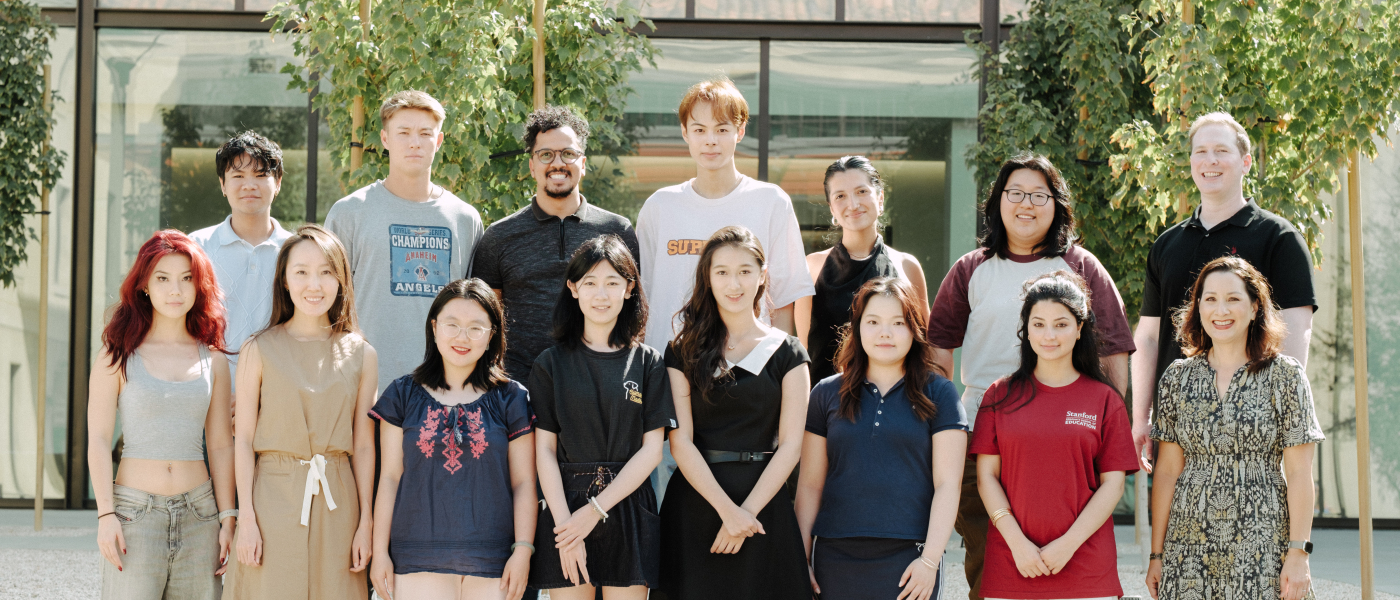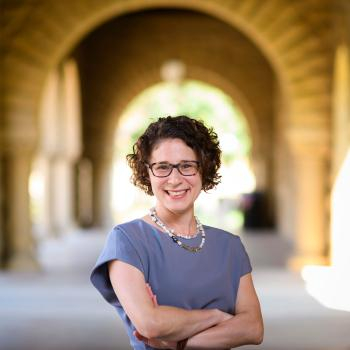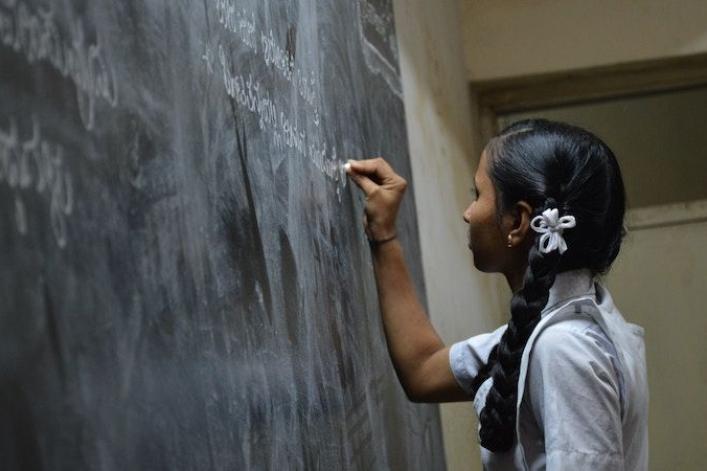Global and Comparative Education (GCE)
The Global and Comparative Education (GCE) concentration is a multidisciplinary, international, cross-national program that places educational problems into a comparative framework.
The program
Master’s program
This 12-month, full-time residential course of study combines an interdisciplinary overview of major issues in international and comparative education, development, and policy with specialized coursework in students’ areas of interest. The program’s two tracks—Global and Comparative Education (GCE) and International Education Policy Analysis (IEP)—focus on rigorous research, and culminate in a publishable-quality master’s paper. Flexibility and small cohort size are hallmarks of the program.
Doctoral program
The concentration in Global and Comparative Education also offers a doctoral degree within the Social Sciences, Humanities, and Interdisciplinary Policy Studies in Education (SHIPS) academic area. Students have the option of pursuing a concurrent master’s degree and/or a PhD minor. For general information on the doctoral specialization in GCE, visit this PhD program page. For GCE doctoral program requirements, visit the Doctoral Degree Handbook.
Global and Comparative Education at Stanford
GCE at Stanford affords students the opportunity to explore broadly, build community, and connect with career resources.
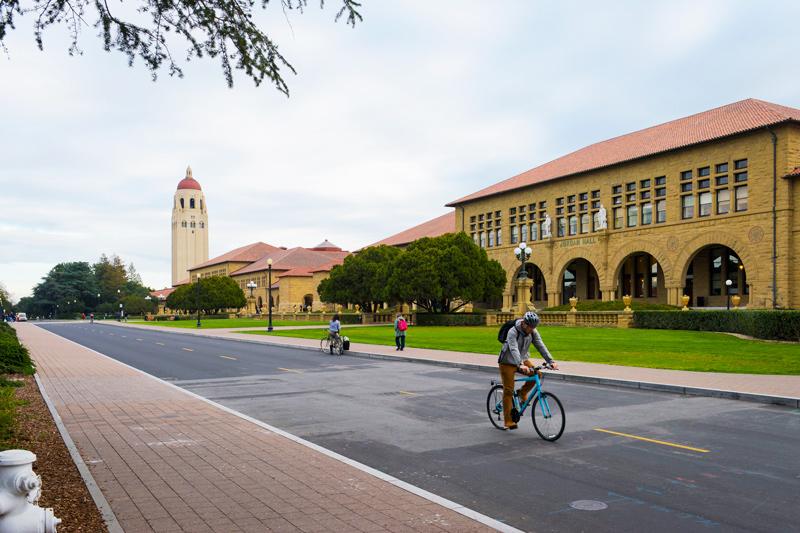
Why Stanford?
Stanford is known for its interdisciplinarity. Both the GCE PhD and GCE and IEPA MA programs allow students the flexibility to take courses outside of the GSE, depending on their interests and research goals. GCE students take courses at the business, law, and engineering schools, as well as in humanities and sciences. Access to top-notch faculty, and the rigor of Stanford academics are also reasons students choose GCE.
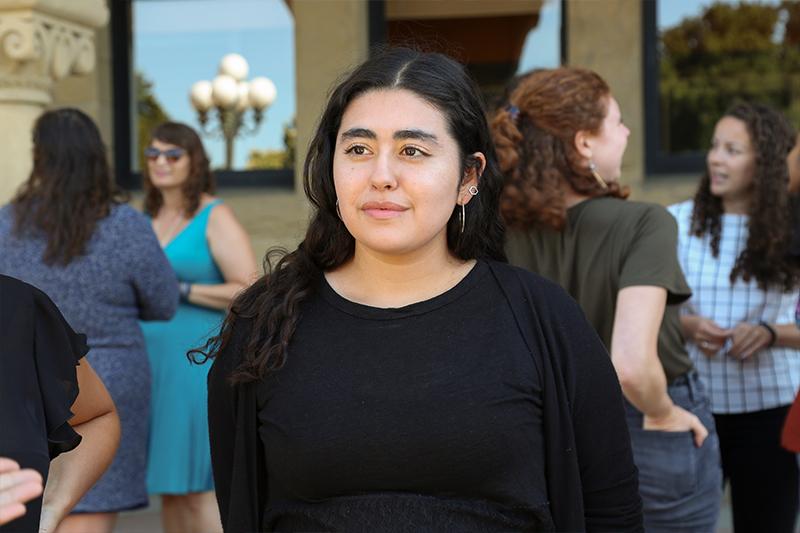
Why you?
GCE students come from around the U.S. and the world. They bring a wide variety of perspectives and experiences, but share a passion for education and a desire to improve quality and accessibility for all learners. GCE students are curious, ambitious, and independent, while also enjoying the collaborative nature of small cohort learning.
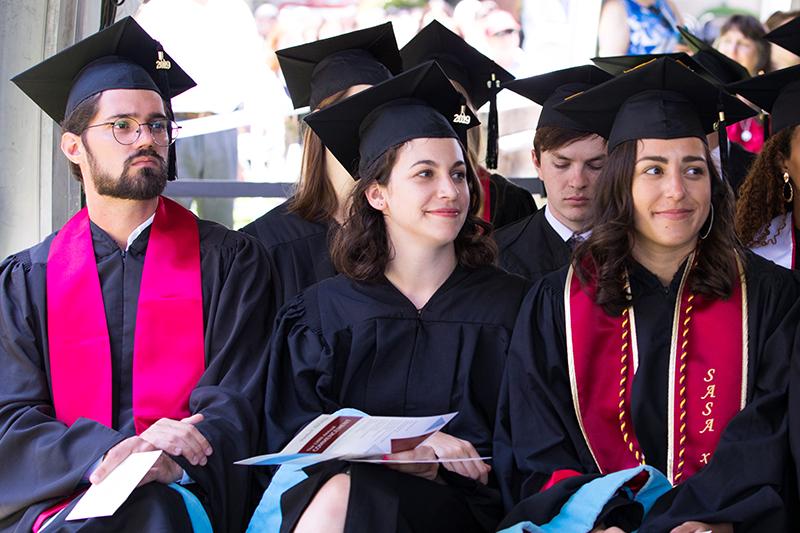
After you graduate
Our graduates enjoy strong job placement opportunities, and go on to become leaders in a wide range of industries. As many as 30 percent of GCE and IEPA master’s graduates go on to pursue doctoral programs. Most PhD graduates pursue careers in academia. Stanford offers strong career support to students and alumni, both through GSE EdCareers and Stanford Career Education.
Faculty
Our community
In the news
What you need to know
Admission requirements
To learn more about requirements for admission, please visit the Application Requirements page.
Financing your education
To learn more about the cost of the program and options for financial support, please visit Financing Your Master’s Degree on the admissions website.
Contact admissions
For admissions webinars and to connect with the admission office, see our Connect and Visit page.
